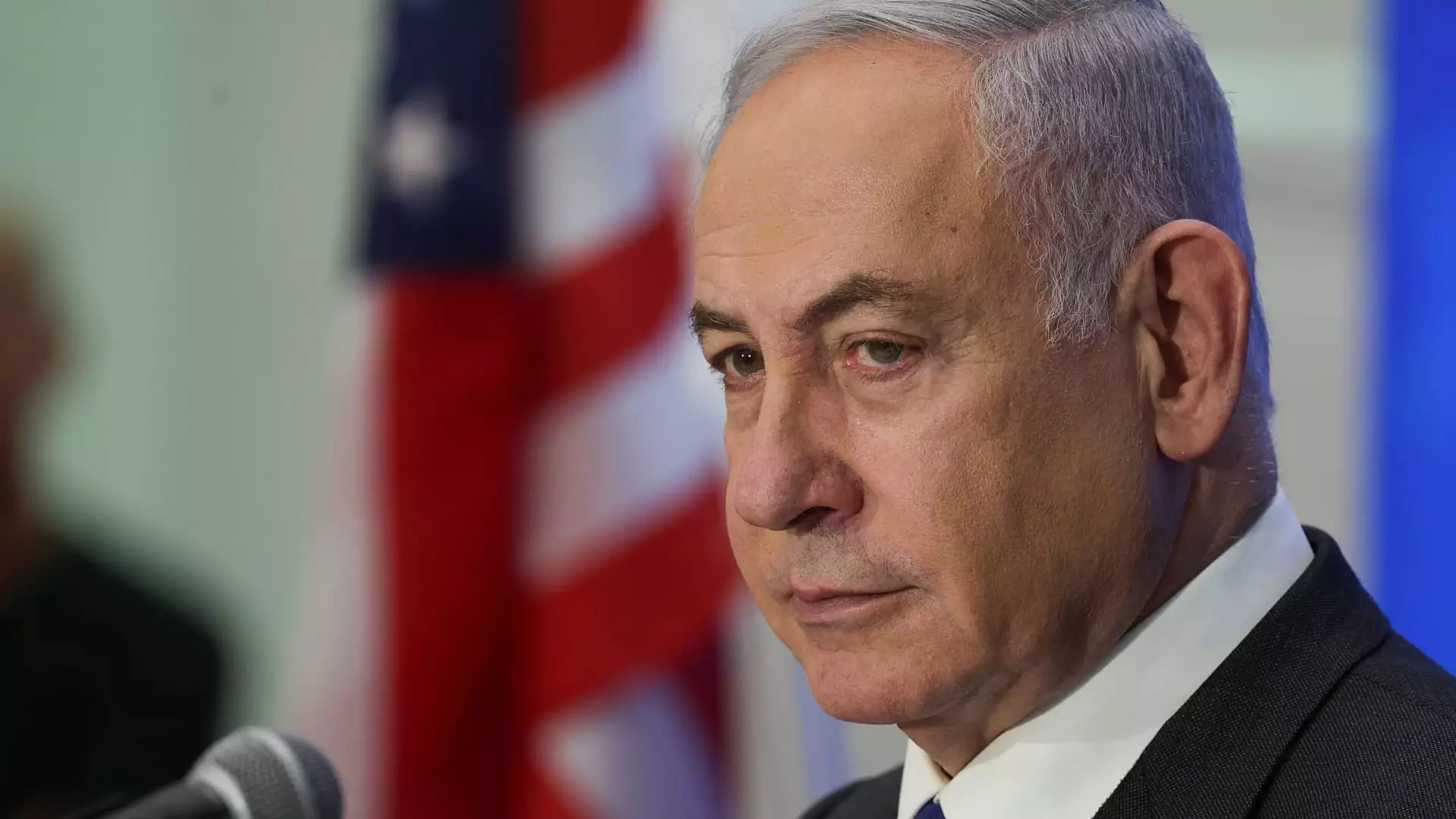Israeli Prime Minister Benjamin Netanyahu decided not to send a delegation to Washington after the United States chose not to veto a U.N. Security Council proposal calling for a ceasefire in Gaza. In a statement from his office, Netanyahu expressed his disappointment with Washington’s decision, describing it as a “clear retreat” from previous American support. According to Netanyahu, this change in American position would not only hinder the war efforts against Hamas but also impact the release of over 130 hostages in Gaza captivity. As a result, the delegation that was scheduled to travel to Washington was cancelled.
The U.N. Security Council’s Ceasefire Proposal
The U.N. Security Council voted in favor of an immediate ceasefire between Israel and Palestinian Islamist group Hamas, as well as the unconditional release of all hostages. The United States abstained from the vote, prompting questions about a shift in American policy. The White House denied any change, stating that the abstention was not a reflection of altered views. Despite the U.S. abstention, the proposal was passed, calling for an end to the ongoing conflict in Gaza.
White House national security spokesperson John Kirby addressed Israel’s decision to withdraw from the planned meeting in Washington. Kirby expressed disappointment at Netanyahu’s choice but assured that the United States would continue discussions with Israel regarding their military operation plans in Rafah. Kirby emphasized the importance of finding alternatives to a major ground offensive in Rafah, highlighting the potential risks involved.
In response to Netanyahu’s actions, parliamentary opposition leader Yair Lapid accused the Prime Minister of deflecting attention from internal issues within his coalition. Lapid criticized Netanyahu’s decision to cancel the Washington meeting, labeling it as “shocking irresponsibility” on social media. Lapid’s remarks underscored the tensions within the Israeli political landscape and the potential ramifications of strained relations with the United States.
Overall, the fallout following the U.S. abstention from the U.N. Security Council vote has highlighted the complexities of international relations and the challenges of navigating diplomatic efforts in the midst of ongoing conflicts. The decision to cancel the delegation to Washington reflects the deepening divide between Israeli and American approaches to addressing the crisis in Gaza. As both countries grapple with their respective stances, the path towards a peaceful resolution remains uncertain.



Leave a Reply